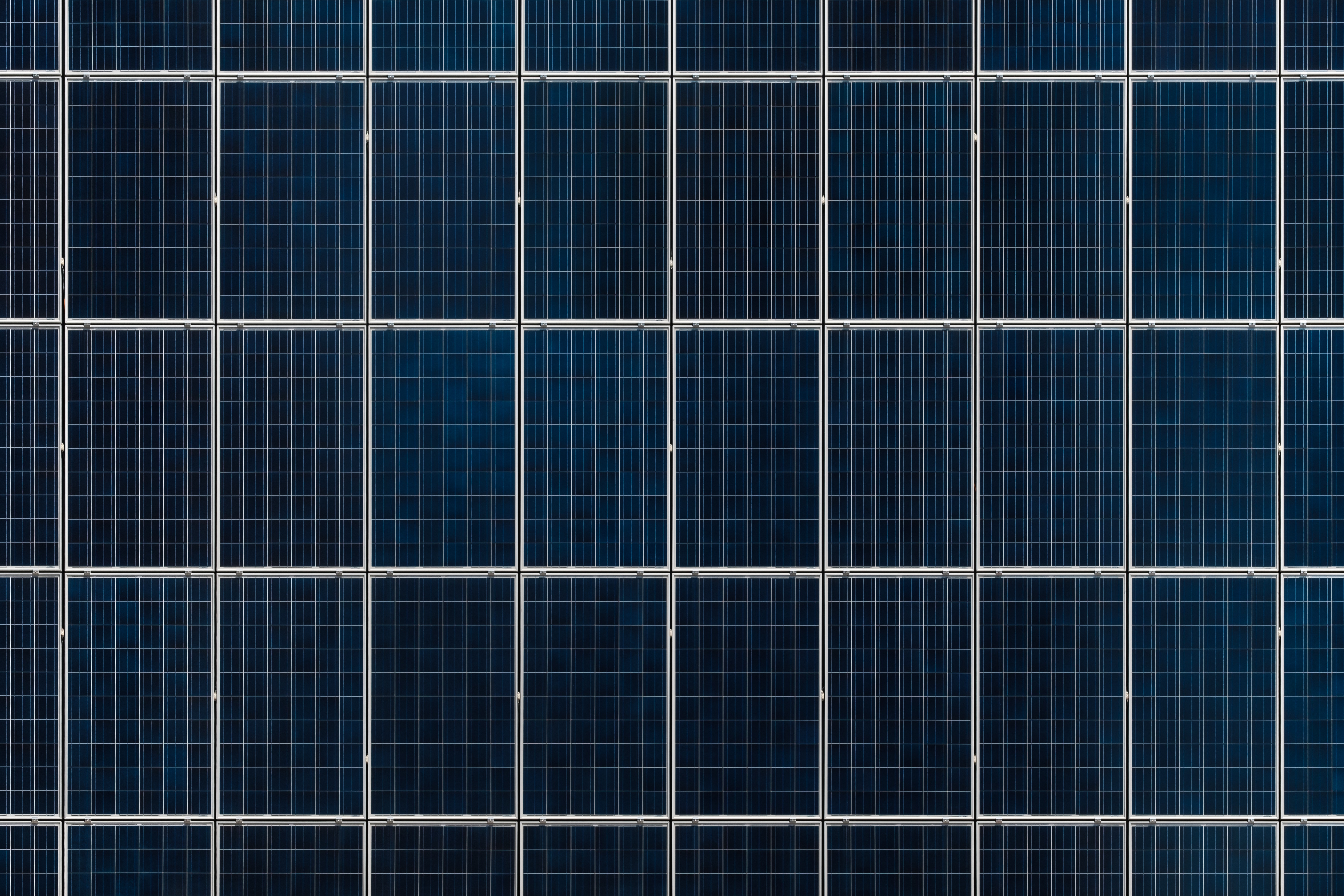Looking for solar panels but not sure if it is financially worthwhile? We found some handy tools for working out how long your system may take to pay for itself, although the costs and rebates are a frequently changing beast, so please double check the current rates before making your decision.
Until batteries become more available and less costly, one of the key concepts for us when we chose our system was how much electricity will we be able to use in the daytime: what appliances can be set on timers or utilised when/if we are home during sunlight hours.
Since there is no cheap and easy means to store the energy from solar as yet, any unused electricity is sent to the grid. The cost between buying electricity from the grid (eg when it is dark and we aren’t making any) and selling to the grid (eg when it is sunny but we aren’t using the electricity) is not small – it is much more cost effective for us to use any power we make rather than selling and buying electricity from our supplier. It makes it very worthwhile to try to make as many appliances timer operated, and to make lifestyle changes which allow for using electricity in the daytime. A simple example is that instead of putting the dishwasher on after dinner, we now run it after breakfast.
Once you have an idea of what appliances you can (and will) operate during the day, look up the likely consumption of each one. There are several guides online to help, or look up specific appliances you own for more accuracy.
The layout of your roof is another important factor in selecting your requirements. If you have an unobstructed North facing roof, you will hopefully get sun for most of the daytime. If your roof faces East and West, you may need some panels on each side to optimise the duration of power production over the day. This is less vital if you are nearer the equator and the sun is usually high above your roof.
There are exciting developments on the way, including batteries or even peer to peer solar power networks allowing people to buy and sell power between each other.
See this site for some handy tips on finding panels and installers in your area.
